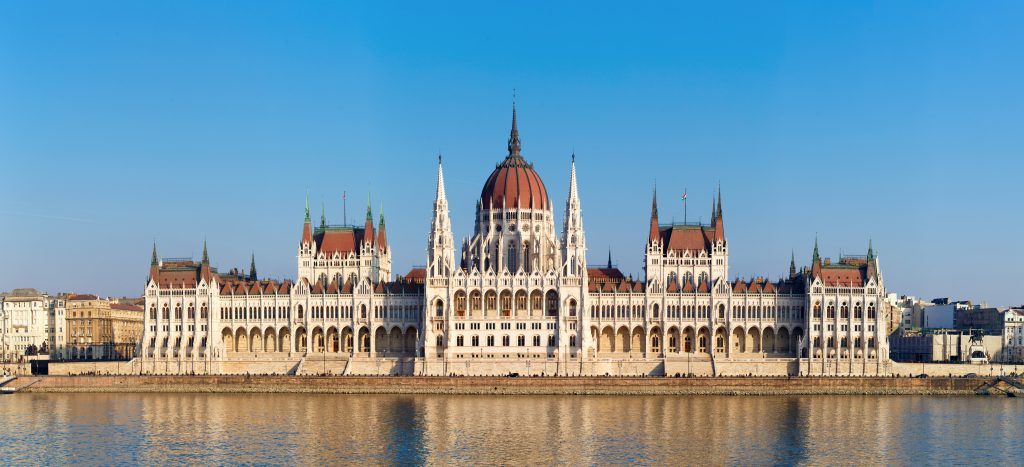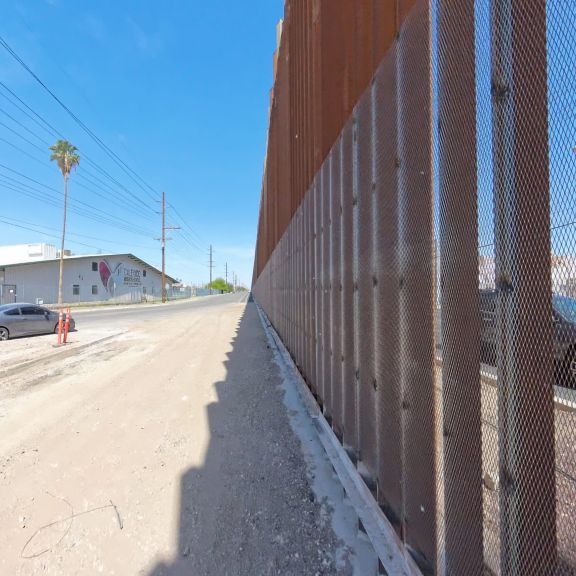
At the end of July, the Hungarian government created the post of the Authorized Minister for development of Zakarpattia region and for development programs of the kindergartens of the Carpathian Basin. In Kiev, it was understood as an attempt to undermine Ukrainian sovereignty in Zakarpattia. It is another step in complicating Ukrainian-Hungarian relations, which have been tensed since last autumn.
The new political scandal was made public in a statement issued by the Ministry of Foreign Affairs of Ukraine on August 2. The statement pointed out that on August 1, the Deputy Head of the Hungarian diplomatic mission in Ukraine, László Pap, was called to visit the Ministry of Foreign Affairs of Ukraine. The Hungarian diplomat was given a protest note in connection with “a series of enemy steps of official Budapest towards Ukraine and attention was drawn to the need to suspend activities that negatively affect bilateral relations.”
Representatives of the Ukrainian authorities were shocked by two issues. First, by the inadmissibility of the last statements of Hungarian Prime Minister Viktor Orban against the Euro Integration and Euro-Atlantic aspirations of Ukraine, which “notably deviate from the policy of the European Union and greatly reflect the approaches of the country-aggressor (Russia).”
Secondly, the Ministry of Foreign Affairs of Ukraine demanded an official explanation in connection with the decision of the Hungarian government to create the post of the Authorized Minister for development of Zakarpattia region and development programs of the kindergartens of the Carpathian Basin as a part of the sovereign territory of Ukraine included in the jurisdiction of a Minister.
“Despite Ukraine’s constructive approach to resolving existing issues, Hungary’s recent actions indicate a choice of confrontation instead of cooperation and direct interference in Ukraine’s internal affairs,” says the statement of Ukrainian Ministry of Foreign Affairs.
Hungarian curator of Zakarpattia
The new post of the Authorized Minister for development of Zakarpattia region and development programs of the kindergartens of the Carpathian Basin was taken by István Grezsa, an official known in Ukraine. He has been taking care of the relationships with Ukraine in the Hungarian government. Since 2016, he has officially dealt with the Transcarpathia region in the Orbán cabinet, taking up – it would seem – even a similar position: the Hungarian Government’s representative for the cooperation of the Szabolcs-Szatmár-Bereg County and Lower Carpathians region. However, in this case, the name underlines the cooperation between the Hungarian administrative unit and the Lower Carpathians region. In turn, the name of the new position is perceived by Kiev as a kind of regional rivalry – as Hungary appointed an Authorized Minister for the development of Ukraine’s region. Ukrainian experts emphasise, it all happened without informing and negotiating with the authorities in Kiev.
Analyzing the whole issue, the journalists of the “Ukrayinska Pravda” ask a question whether Hungarian actions will not be helpful to Russia by creating a precedent. The Russian authorities, using this example, could also appoint plenipotentiaries of the eastern regions of Ukraine neighbouring with Russia. It is interesting that Ukrainian diplomats are positive about István Grez himself while commenting the scandal for “Ukrayinska Pravda”. They indicate that he is not so much a politician as a technocrat and that he has dealt with Hungarian aid programs for Ukraine before. He also did not allow himself any aggressive, hostile statements against Ukraine after the mutual relations in the last year became more acrimonious.
One can also get the impression that Grezsa was aware of the possible consequences. During a visit to the Lower Carpathians region in early August, he explained that Hungary never supported separatism in other countries, and the purpose of Hungarian policy is that the westernmost unit (oblast) of Ukraine would become a Ukrainian bridge to the European Union.
The question remains whether the Hungarian authorities were also aware of Kiev’s possible reaction and decided to tighten the situation or make a mistake consciously. If the latter, Kiev expects to repair it. For now, Budapest remains silent. However, after the holidays, the whole situation may change. It is hard to assume that Kyiv will forget about this controversial issue, and István Grezsa may become a persona non grata in Ukraine.
Ukraine joining the UE and NATO? No chance
At the end of July, Viktor Orbán came to a small Romanian spa Băile Tuşnad, inhabited mostly by the Hungarian population (93.5% according to the 2002 census). The Hungarian Prime Minister has been regularly visiting this place in recent years. The Summer Open University and the Student’s Camp Bálványos is organised there every year. This time Orbán talked about the geopolitical vision of Europe and the world from the Budapest standpoint. However, the Ukrainian experts and diplomats were highly concerned about Orban’s words relating to Russia and their country.
Orbán explained that Russia feels threatened, and therefore, to increase its security, it will try to create buffer zones. Ukraine, as the Prime Minister admitted, is a victim of this policy. Only that Orbán does not propose any scenarios to help Ukraine, but on the contrary: he claims that Russia’s goal of restoring the buffer zone is quite realistic. Most of all, Ukraine, which is plunging into debt, will not be able to escape the Russian sphere of influence. Hungarian Prime Minister does not expect Ukraine will become a member of NATO and European Union. At bottom, he thinks chances of Ukraine joining EU equal zero.
Moreover, Orbán claims there is no way to shape one common European Union policy towards Russia. He points to the different situations in different countries. Poland and the Baltic states have every reason to feel a threat from Russia. Hungary, the Czech Republic and Slovakia do not see such a danger. Instead of an integrated policy of NATO and EU towards Russia, Orbán proposes that these organisations should give Poland and the Baltic states stronger guarantees and that the rest of Europe should tighten its economic cooperation with Russia. – Instead of a primitive policy towards Russia, the European Union needs a multidimensional and adaptive strategy – he stressed.
From the language law to blocking Ukraine’s cooperation with NATO
The relationship between Budapest and Kiev became acrimonious in September last year after the parliament adopted the new Education Law, which the President Petro Poroshenko signed. It was a comprehensive reform of the education system in Ukraine. The controversial issue with neighbours, and above all, with Hungary, was connected with point 7 of the Act. It assumed a limitation of education in minority languages from the fifth grade (there are 12 grades of the education system in Ukraine).
According to Education Law, apart from subjects taught in the Ukrainian language, at least one can be taught in English or other official EU languages - for example, Hungarian language. In turn, Russian can be taught as a foreign language. The main purpose of this part of the Act was the limitation of the Russian language as the primary language in many Ukrainian schools in some areas of the country. However, it was not Russia which loudly protested against the bill, but Hungary, which urgently defends the rights of its national minority in neighbouring countries. 150 thousand Hungarians are living in Ukraine, and there are 71 Hungarian schools in Zakarpattia. The Ukrainian authorities explained that the problem is also the imperfect knowledge of Ukrainian among the representatives of the Hungarian minority (in some schools, even 60% of students could not pass matura exam in Uriański language). It lowers their chances of development and further education in their country of living. However, Budapest did not want to hear about the explanations and demanded that Kiev would change the law. Hungary declared that they would veto Ukraine’s membership in NATO. In practice, Budapest blocked meetings of the Ukraine-NATO Commission at the level of Ministers and threatened to veto any decision of the North Atlantic Alliance regarding Ukraine.
According to the Ukrainian experts themselves, Kyiv, adopting the Education Law in 2017 did not take into account the Hungarian reaction and did not try to consult its decision. Today, a similar mistake is made by the Hungarian side, which means that everything is heading towards aggravating the conflict.
Photo: The Parliament Building in Budapest (photo by sakkmesterke).






















